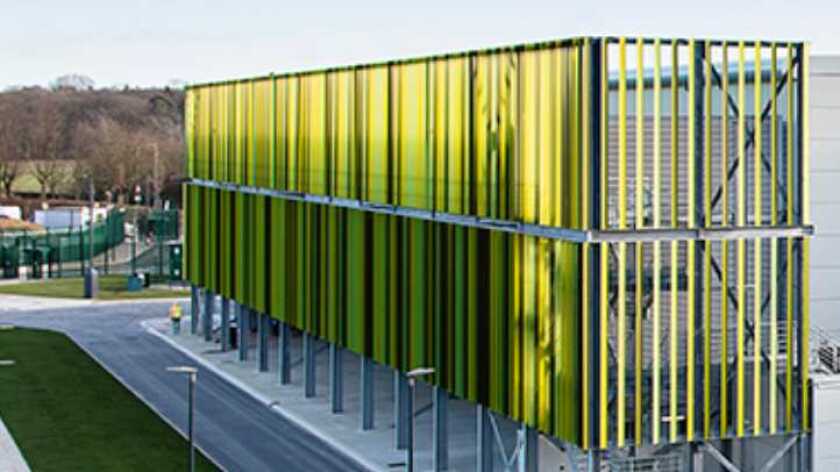Spain and Sweden are the most likely countries for consolidation, says Bloomberg Intelligence (BI) in its new report, Europe Telecommunications 2021 Outlook.
Financial results should improve in the new year after the setbacks caused by the Covid-19 pandemic — what BI calls a “modest dent”.
But BI believes the sector could see the return of market consolidation with carriers looking to test EU regulators.
“Spain and Sweden look the likeliest countries for consolidation,” says BI. “In Spain where five companies compete there is regular speculation about tie-ups with a recent joint venture between Masmovil and Vodafone.” The organisation says that, in Sweden,
CK Hutchison’s “Three is seen as a likely target for Tele2 or Telenor”.
BI’s telecoms analyst Erhan Gurses says: “The pandemic pushed industry valuations to a record low but a subdued cashflow outlook may hinder re-rating potential. M&A could support valuations if private equity interest is sustained.”
The company notes that private equity interest is partially driven by interest rates still being low, “while the pandemic boost to digitisation has increased the appeal of investing in companies linked to connectivity”.
BI notes: “Telecom operators themselves may be pushed into joint ventures in order to be able to fund increasing investment programmes.”
And there will be consolidation in the data centre sector, too, says Margrit Sessions in her latest Datacentrepricing report. It’s a Europe-focused report, looking at Amsterdam, Frankfurt, London, Paris — the so-called Flap cities — with the addition of a fifth, Dublin.
“These markets all benefit from being close to large population centres and have the connectivity and infrastructure to attract the data centre provider.”
The five markets “are all growing rapidly with Amsterdam data centre space forecast to grow by 1.5 times and Frankfurt doubling in size over the period”. By contrast space in the London/Slough region will have grown by only 60% to 2025 — but that still remains the largest single market by size in the five regions.
There’s just a handful of data centre providers that account for most space in the five markets — companies such as Equinix, Interxion/Digital Realty, NTT, CyrusOne and Virtus. In Frankfurt six data centre providers account for 78% of all space, she notes. In Amsterdam five account for 76%.
Other city clusters are growing their presence — such as Berlin, Manchester, Cork and Marseille — the six clusters remain dominant.
“The only potential drawback in the five markets is the supply of development land for new space, which is particularly constrained in the London area, and with a temporary moratorium on new build data centre imposed in Amsterdam as a result of environmental concerns,” writes Sessions.






